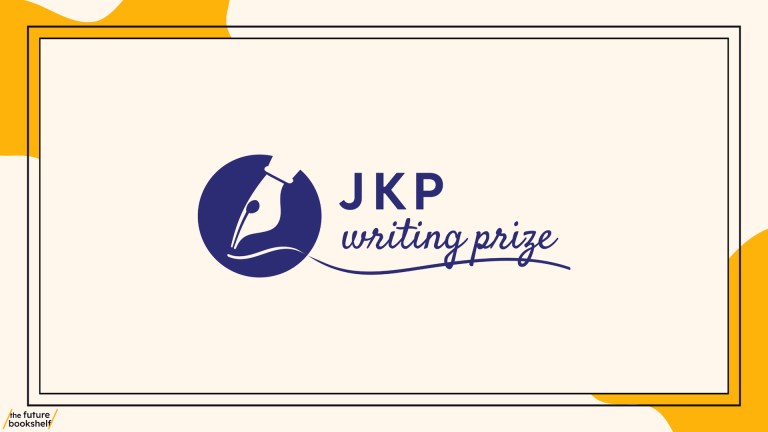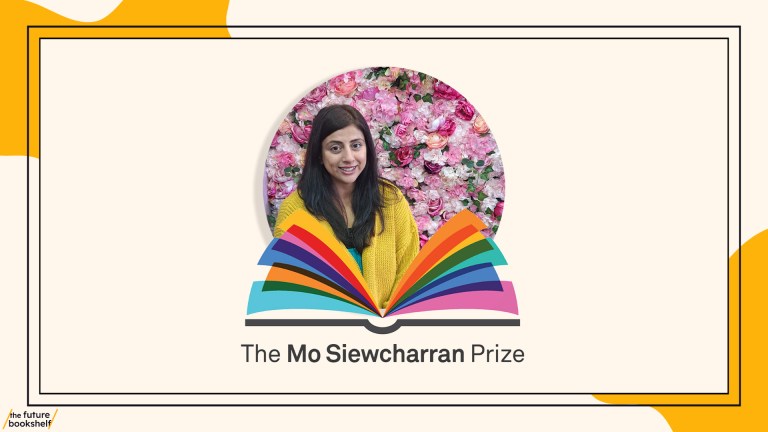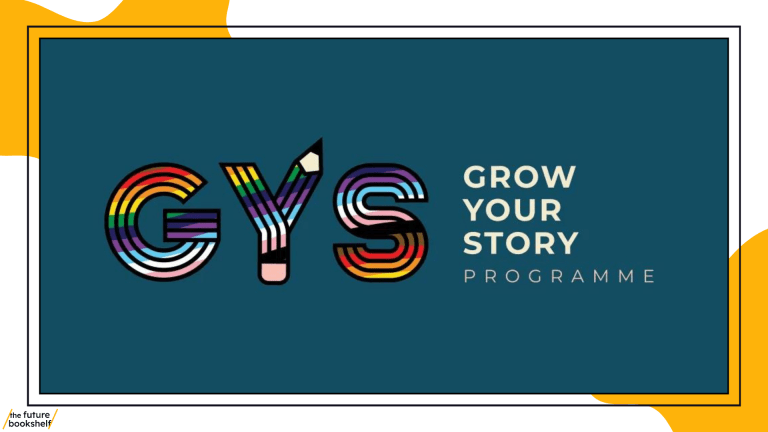‘Is it better to make yourself confront the blank page or let the ‘muse’ take you?’

There is a rumour that Charles Dickens would force himself to sit down every day and write 5,000 words. But then he was writing for a newspaper and paid by the word, so it was in his interest to see his writing less as a creative pursuit and more a source of income. Now, very few writers can live off their writing alone. However, that rigorous discipline is still a source of contention. Is it better to make yourself confront the blank page or let the ‘muse’ take you as and when it comes, even if it is at 3 a.m. for seven nights in a row, or totally absent for two weeks?
Myself – I prefer somewhere in between. Confronting the blank page forces the muse to show up, forces you to see what is working and what isn’t. How else will you see which cogs are running effectively if you don’t start? I always think of architects who create blueprints for their buildings, modelling them out in their minds before they lay down one brick. Why don’t authors do the same with their books? Why don’t they sit down and write an outline of what the story is, and who they want to tell it? There is nothing to say that once they start writing they cannot break with this initial treaty, but it does help give the blank page some purpose initially, and makes the commitment needed feel more attainable.
But space is as important as routine – you could do a JK Rowling and find a café, or you may be so lucky as to have a room of one’s own. What is most important is the potential for distraction – what takes away from your concentration. Eliminating this regardless of where you are is imperative, as is finding what enhances your concentration. For me it is classical music, quietly thrumming in the background, whereas for others it may be soft lighting, twilight at a window.
The truth is there is no hard and fast rule. So give yourself permission to have your trial and error – your plan of action is allowed to change, to fail, to be rebooted. Finding the right circumstances to bring out your creative industry is an experiment, and as such is as liable to fail as it is to succeed. Knowing who you are and being honest about it, rather than looking to the formulas that work for your peers is the most important conversation you can have with yourself. Not everyone is lucky enough to have a room of one’s own or the regimented discipline of Dickens, but what should motivate you is what makes you enjoy this process, what brings out the best in you; what allows you to risk failing and in risking, makes you strive for better. Give yourself permission, and then forgiveness. And here’s the thing – at the end of it, no reader is any wiser for the process, only illuminated by the result.





